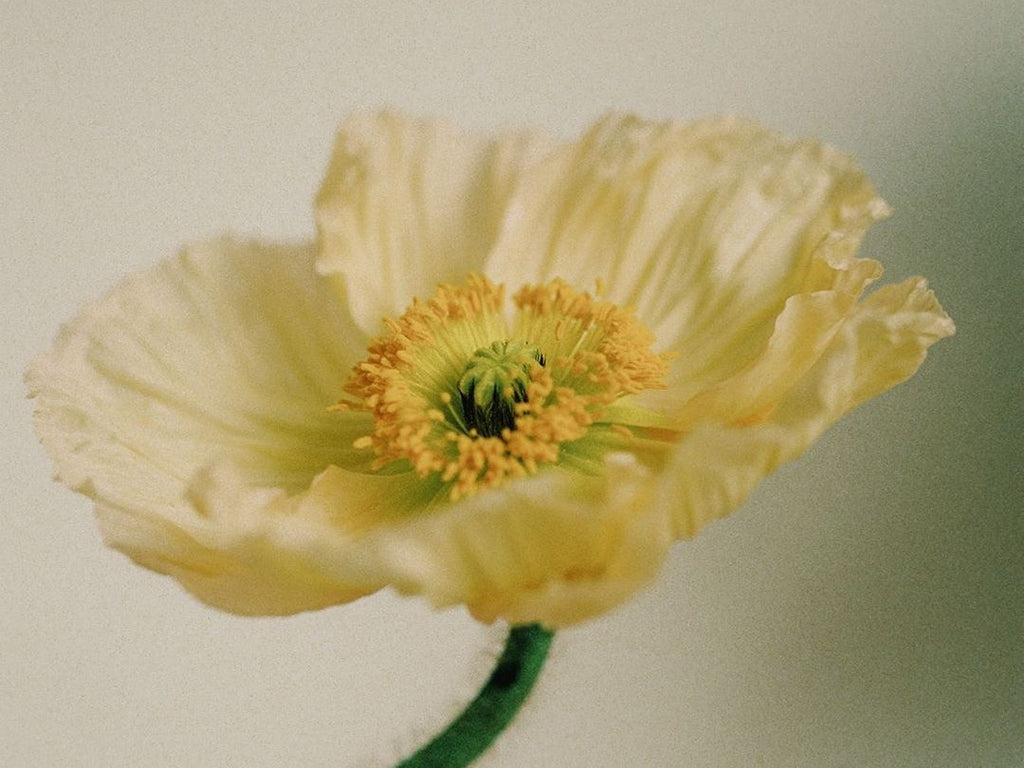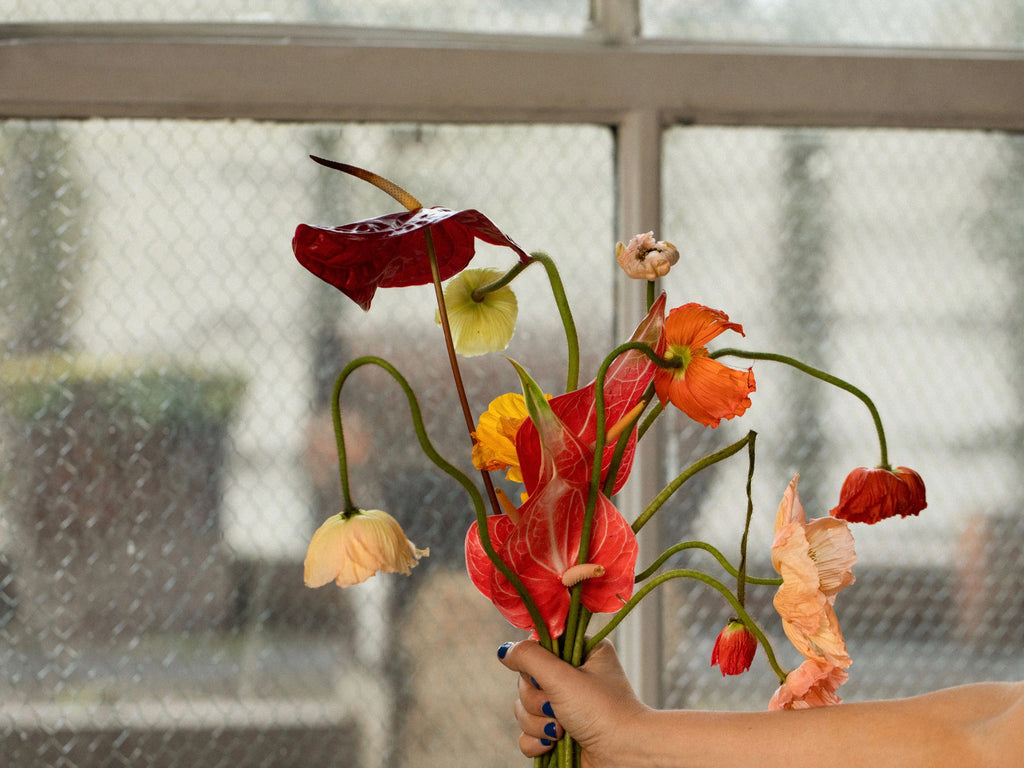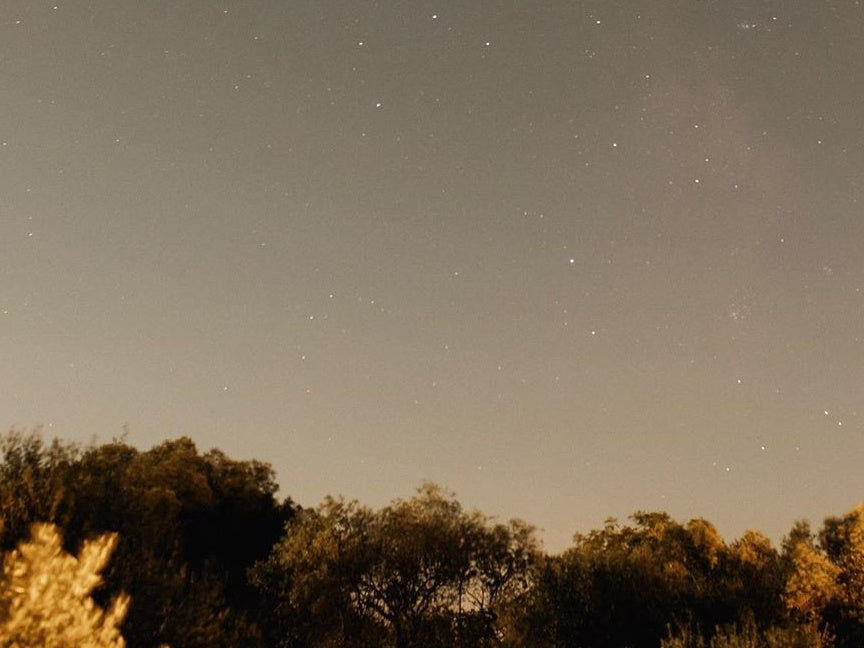Whether unfolding in the moment, anticipated, imagined, or revisited through memory, meaningful experiences are, in a sense, how we seek to embrace, imbibe, or live in time.
But what happens when these experiences become mired or muted in favour of the quotidian, if not mundane, activities that serve to seemingly edge us ahead, if for no reason other than that’s the direction that we’ve been told is worthy of our pursuit? What happens when we substitute and sacrifice novel and unbounded exploration for résumé-building activities and networking events? When we dismantle art in lieu of programs better suited to standardized testing? When we forego weekends in nature for weekends at work? When, even away from it all, we feel compelled to geotag every last inch of the Earth on Instagram as a means to “share", invariably turning the concept into something so warped and transactional that it’s hard to remember what it even means?
Scientists argue that such trade-offs have rendered us awe-deprived, and, consequently, more isolated, materialistic, individualistic, opportunistic and self-focusing than ever before. They contend that such deprivation has also had a significant hand in moving us towards the intractability of today’s challenges: climate change, severe social inequality, water scarcity, mass extinction, and ecosystem collapse. As a sustainability researcher, I’m left wondering, what role does awe play in our connection to ourselves, to others at work and beyond, and to the greater world around us? Why do we, as individuals, experience chills and why, if at all, does that matter for the collective?
As it turns out, nonhuman mammals experience chills or goosebumps—that physiological reaction in which the muscles surrounding hair follicles contract—when they face a threat to their existence. Curiously, by contrast, we humans experience goose bumps in the light of awe; in the presence of something so vast that it transcends our understanding of the world and our place within it.
Psychologists suggest that such awe or wonder is the ultimate “collective” emotion. In one study, Berkeley-based scholars invited over 1,500 individuals to answer a series of questions meant to assess how much awe, among other emotions, that they experienced on a regular basis. In an ostensibly unrelated part of the study, they gave each person 10 lottery tickets to be entered in their name for a cash prize drawing. The researchers told each person that the tickets were theirs to keep, but that, if they wanted to, they could share a portion of them with another unidentified individuals in the study who had not received any tickets. They found that participants who reported experiencing more awe in their lives, who rejected social scripts of arbitrary measures of ambition, and who felt more regular wonder and beauty in the world around them, were more generous. They gave approximately 40 percent more of their tickets away than did participants who were awe-deprived. Their decisions became predicated on a much more expansive notion of who they are and who they could be.
Berkeley has a spectacular grove of Tasmanian blue gum eucalyptus trees, some with heights exceeding 200 feet—a potent source of everyday awe for anyone who walks by. So, researchers took additional participants there, and had them either look up into the trees or look at the facade of a nearby science building, for one minute. Then, a minor “accident” occurred (indeed, a planned part of the experiment):a person stumbled and dropped a handful of pens. Participants who had spent time looking up at the tall trees – not long, but long enough, they found, to be filled with awe – picked up significantly more pens to help the other person. They also found that such experiences of awe slows the passage of time, alters decision-making in favour of longer-term thinking and broader perspective-taking, and enhances well-being.
Taken together, amid myriad other social studies, awe might imbue us with a different sense of self: a self that is smaller, humbler, and more willing to contribute to the societal and ecological foundations that underpin not only our individual livelihood, but also that of humanity.
That is, the great balancing act of our social lives, between the gratification of self-interest and a concern for others, and for the social and environmental resources that we depend upon, wonder shifts our focus from our narrow self-interest to the interests of the groups—professionally, personally, intergenerationally, and globally—to which we belong.
In light of this, our worlds demand from us a deeper sense of reverence and awe than ever before. May we actively seek out what gives us goosebumps, be it in looking at trees, night skies, patterns of wind on water, or in the daily nobility of others, as we seek to stand up for everything worth standing for. And, in our effort to revel in and protect the sacred spaces that exist outside of us, may we too honour those within us.
All of us will be better off for it, in the meaning of the ephemeral moment and beyond.
This post is tagged as:
You may also like...
The Latest
People & Places
How Ara Katz is Redefining “Self-Care” as Rooted in Science with Seed
The co-founder, mother, and self-proclaimed serial entrepreneur unpacks her philosophy on what it means to be well. Ara Katz hates the word “success”. Not because of its listed definition in a di...

Do Good Werk
9 Passive-Aggressive Email Phrases That Are Basically Evil
A Rosetta Stone for every time you want to :’).

Woo Woo
Get to Know Your Astrological Birth Chart
How to find meaning in the stars — and what it means for you.

People & Places
The 5 Best Places In New York To Meet Your Next Investor
Where to rub shoulders with the city's movers and shakers.

Do Good Werk
10 Unhealthy Thoughts You Convince Yourself Are True as a Freelancer
If you work alone, you might be particularly susceptible to distorted thoughts that hurt your mental health.

People & Places
Creating a Conference-Meets-Summer-Camp for Adult Creatives
An interview with Likeminds founders Rachael Yaeger and Zach Pollakoff This past September, I sat in front of an obituary I wrote for myself after a session with a death doula. No, I didn’t know w...

People & Places
When Something Golde Stays: An Interview with Golde’s Co-CEOs
“For us it was never a question,” says Issey Kobori, speaking of the decision to build a business with his partner Trinity Mouzon Wofford. At just shy of 27, Kobori and Wofford have secured a host ...

Better Yourself
Are They Toxic? Or Are They Human?
There’s a difference between putting up boundaries and putting up walls, and the latter is what breaks relationships.

Do Good Werk
How To Combat Seasonal Affective Disorder At Work
Here’s what to do if seasonal affective disorder starts to take a toll at the office.

People & Places
Reclaiming Womxn's Wellness Spaces from a White-Dominated World
How The Villij built a collective that their community can connect to.









